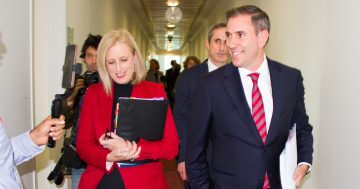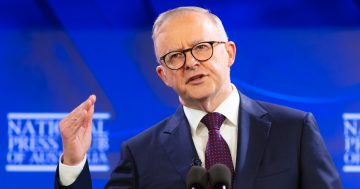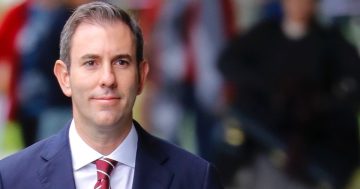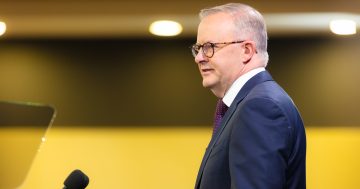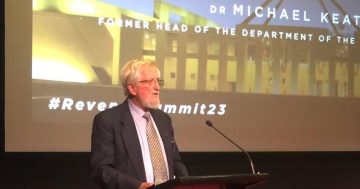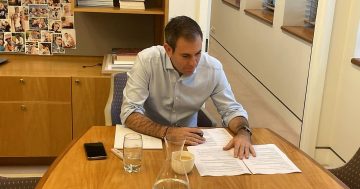
The federal budget will soon be handed down. What could be in it? Photo: File.
This month’s federal budget is a stop-gap measure of a new government, designed to put Labor’s imprint on the economy before big changes happen next May when the regular schedule of budgeting is resumed.
October 25 will likely see a bare-bones document handed down, but with some significant changes and hints of things to come.
Aged care, the NDIS, more comprehensive health measures and defence spending will all certainly get some time in the spotlight. Treasurer Jim Chalmers and Finance Minister Katy Gallagher have flagged as much in the past days and weeks.
Prime Minister Anthony Albanese and Deputy PM and Defence Minister Richard Marles are doing the same.
The government is on message, and the message is that it’s been handed a woeful state of economic affairs from the previous government.
“Nine years of mess can’t be cleaned up in nine weeks – it will take time. Australians know this too,” the Treasurer said in his recent ministerial statement on the economy.
“And they know that progress begins by us facing up to these hard realities, these hard truths. Because only by facing up to these challenges can we transform them into opportunities.”
Blaming the previous government is par for the course. A new government always does that. But Australians have grown increasingly wary of that excuse. It’s a cynical ploy and one that they might allow for only a brief period.
Getting the blame game sorted sooner rather than later could well be a factor in the decision to have a budget so early after being elected.
Opposition Leader Peter Dutton is doing his best to turn the tables and insist that Australians blame the incumbent government and hold it to account over the economy.
Winding back stage three tax cuts would be a breach of trust, he keeps repeating.
“This is not about a tax cut, but whether you can trust Anthony Albanese and the Labor Party,” he said.
“And they’ve still got, it seems, in their back pocket, the prospect or option to reverse the key promise they made at the last election sometime between now and the next election.
“I think most Australians would be astounded that Anthony Albanese was on the cusp of betraying them or may do in the next budget or the one after.”
The PM’s response? No plans to wind back the tax cuts.
“Well, we haven’t changed our position on that, so our position stands. So there’s been no change here,” he said.
So, where will the focus be?
There will be environmental initiatives announced, particularly in the area of climate change action and clean energy investment. Some infrastructure projects will be flagged, and cost-cutting measures will feature across government agencies.
“Building our resilience against future shocks means starting to deal with the low-quality spending embedded by the previous government,” the Treasurer said.
“That starts with the audit of rorts and waste that the Minister for Finance and I, and our departments, have begun.
“Going through the budget line-by-line and making sure that spending is about building value, not buying votes.”
While there will be no big goals kicked yet over the massive spend on public sector outsourcing, consultants and contract labour, there will be a tackle or two.
This budget will signal where Labor intends to keep running when it comes to reducing waste in the public service. And while Australians are hopeful of some cost-of-living relief measures in the budget, there will be a nod to the fact that the economy is likely to slow next year.
“Let’s not pretend that the economic circumstances aren’t changing and haven’t changed since May,” Senator Gallagher said recently.
“You know, we are in this high and rising inflation environment. We’ve got rising interest rates. We’ve got falling real wages. The global outlook is deteriorating.”












